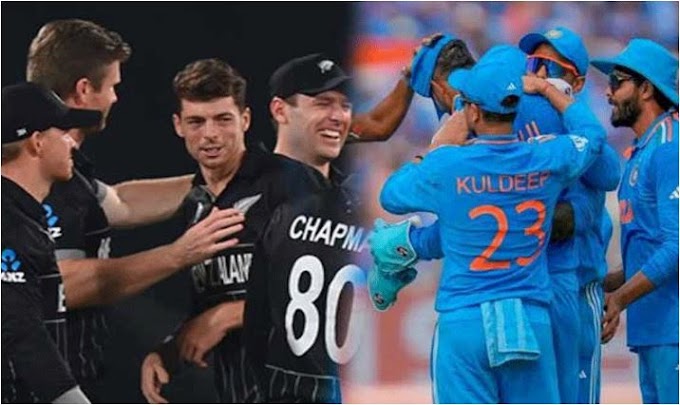The Supreme Court declared the trial of civilians in military courts as illegal
The Supreme Court allowed the petitions against the trial of civilians in military courts and declared the trial of civilians in military courts null and void.
The case against the trial of civilians in military courts was
heard by a five-member bench headed by Justice Ijazul Ahsan and comprising
Justice Muneeb Akhtar, Justice Yahya Afridi, Justice Mazhar Naqvi and Justice
Ayesha Malik.
The trial of the civilian in the military courts has been
declared null and void by a 5-judge bench, however Section 2D1 of the Army Act
has been declared unconstitutional by 4 judges while one judge has disagreed
with it.
The court has declared that if the trial of a citizen has started
in a military court, it is also declared invalid. In the light of the events of
May 9 and 10, 102 people arrested whose list was presented in the court, the
Supreme Court. has ordered his trial to be conducted in ordinary criminal
courts.
When the hearing started, Justice Ijazul Hassan said that
according to the last order, the arguments of the Attorney General were going
on, after the arguments of the Attorney General are completed, then they will
see the procedure of conducting the case.
Attorney General Mansoor Usman Awan said in the arguments that
he will inform why military courts were created through constitutional
amendment in 2015, I will also tell the court why constitutional amendment is
not necessary for military courts at this time.
Justice Ijazul Hassan said that who were tried in the military
courts of the past? Were the accused in 2015 civilians, foreigners or
terrorists?
Attorney General Mansoor Usman Awan said that the accused
included both domestic and foreign nationals, and those who were tried in 2015
included facilitators of terrorists. The accused will be tried under Section
Two One Day of the Official Secrets Act. It was asked how the charge will be
framed on the accused. The trial under the Army Act will fulfill all the
requirements of a criminal trial, the trial of the May 9 accused will be in the
style of a criminal court, the reasons will be given in the decision and the
evidence will also be recorded, a transparent trial under Article 10A of the
Constitution. All the requirements will be fulfilled, appeals can be made in
the High Court and then in the Supreme Court.
The Attorney General said that the 21st constitutional amendment
was made because terrorists were not covered by the Army Act, the 21st
constitutional amendment was made for the military trial of terrorists.
Justice Ijazul Hassan asked that the amendment was necessary for
the trial of terrorists, so why not for civilians? Did the accused attack
the army or the installations even at the time of the 21st constitutional
amendment?
The Attorney General said that the 21st Amendment included a
provision for military trials of attackers in restricted areas.
Justice Yahya Afridi said that what will happen to the fair
trial under Article 10A? The Attorney General said that due process was
protected in the 21st Constitutional Amendment, the Army Act applies only when
the offense is related to the Army, the Official Secrets Act can also apply to
attacks on the Topi M House and the Foreign Office, Article 175. A court
martial cannot be annulled on the basis of
The court returned the petitions of the accused in the custody
of the army, Justice Ijazul Hassan said that there are no affidavits with the
petitions of the persons in military custody. The applications of 9
accused in military custody were withdrawn.
After the arguments of the Attorney General were completed, the
Supreme Court reserved its decision on the petitions related to the military
courts, which were heard later.







